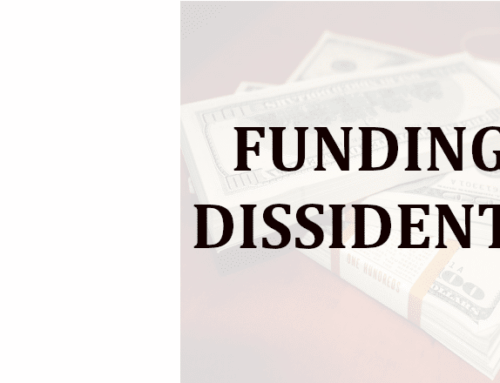Catholic League president Bill Donohue discusses a new poll on Christianity:
The Pew Research Center survey on white evangelicals, President Trump, and Christianity’s public role was released March 12. The data on Christianity’s influence in American society is particularly interesting.
Half of all Americans say Christianity’s influence is declining. This perspective was true for all religious groups; those who were the least likely to ascribe to this point of view were Jews, the unaffiliated and non-believers.
The reasons why this is happening vary. The number one reason given was the “growth in the number of people in the U.S. who are not religious” (60%). This was followed by “misconduct by Christian leaders” (58%) and “more permissive attitudes about sexual behavior and sexuality in popular culture” (53%). “Negative portrayals of Christianity in pop culture” was next (41%).
White evangelicals and Catholics have much in common: the majority cited all four of the above reasons for the decline of Christianity’s influence, the lone exception being white evangelicals who cited “misconduct by Christian leaders” (48%).
Not surprisingly, Catholics, having been burnt by the clergy sexual abuse scandal, were the most likely (66%) to say “misconduct by Christian leaders” was a major cause of Christianity’s decline. The other three most cited reasons are the most illuminating.
What does the growth of people who are not religious have in common with permissive attitudes about sexuality and negative portrayals of Christianity in pop culture? The sense that a more Christian nation would be a more moral one.
This sentiment is not without reason. The rejection of Christian sexual ethics, with its emphasis on sexual reticence, is made manifest in sexual promiscuity and attacks on Christianity. This suggests that secular elites in the media, the entertainment industry, and education have crafted a culture that works to the detriment of most Americans. Yet they continue to see themselves as the enlightened ones. Most Americans know better.
The country is split on whether Christianity’s decline is permanent (27%) or temporary (24%). Comparing the faithful to those who are not religious, the former are more optimistic than the latter about this being a temporary condition. It would be interesting to know how many of the latter hope the condition is not temporary. Regrettably, there are lots of reasons to believe that today’s atheists and agnostics are more intolerant of religion, especially Christianity, than non-believers of previous generations.
The decline of Christianity and the rise of secularism does not bode well for the future of American society. Self-giving and selflessness, which are hallmarks of Christianity, stand in stark contrast to the self-indulgence and selfishness that mark the culture of secularism.







